Many people believe that brushing their teeth twice a day is all it takes to maintain optimal oral health. While brushing is a crucial part of any dental hygiene routine, it’s not enough on its own. A truly effective oral care regimen involves multiple steps to ensure all aspects of dental health are addressed, including flossing, gum care, diet, and professional cleanings. This comprehensive guide will explore why brushing alone isn’t sufficient and provide tips on how to achieve and maintain a healthy, beautiful smile.
Moreover, brushing alone might not effectively remove all the plaque, especially if not done correctly or if using an improper technique. It’s important to brush for at least two minutes, using a toothbrush with soft bristles and fluoride toothpaste, and to ensure that every surface of each tooth is cleaned. But even with perfect brushing technique, other steps are necessary to maintain optimal oral health.
The Importance of Flossing

Flossing is often overlooked but is a critical component of oral hygiene. It removes food particles and plaque from between teeth and under the gumline—areas that brushing cannot reach. Regular flossing helps prevent cavities, reduce the risk of gum disease, and promote overall oral health.
To floss effectively, use about 18 inches of dental floss, winding most of it around each middle finger and leaving an inch or two to work with. Gently slide the floss between your teeth and curve it around each tooth, moving it up and down to clean thoroughly. For those who find traditional flossing difficult, floss picks or water flossers can be excellent alternatives.
Caring for Your Gums: Tips and Techniques
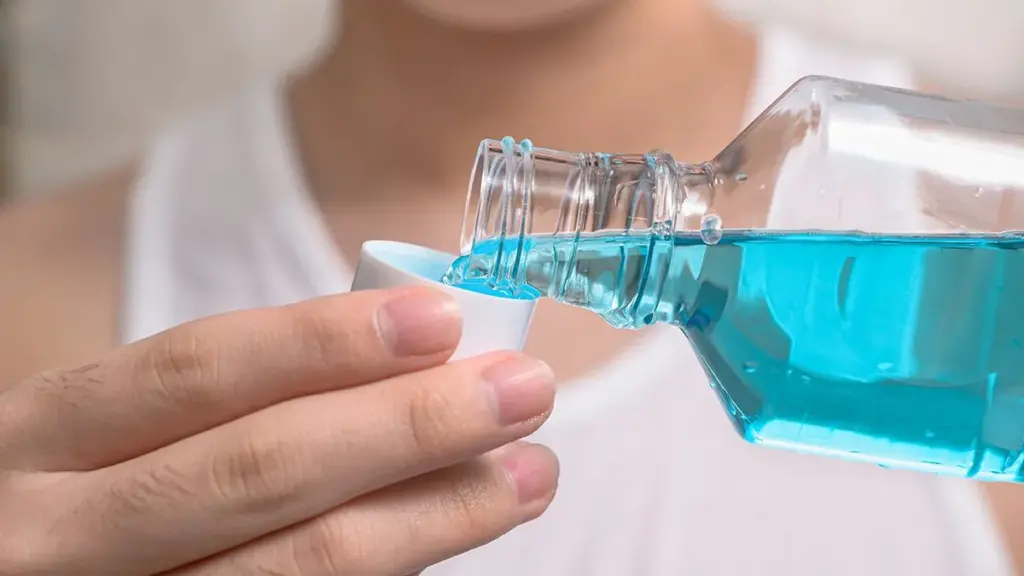
Healthy gums are the foundation of a healthy mouth. Gum disease, if left untreated, can lead to tooth loss and other serious health problems. Here are some tips to keep your gums in top condition:
- Use mouthwash: An antibacterial mouthwash can help reduce plaque and prevent gum disease.
- Massage your gums: Gently massaging your gums can improve circulation and promote gum health.
- Stay hydrated: Drinking plenty of water helps wash away food particles and bacteria that can cause gum disease.
- Regular check-ups: Visit your dentist regularly for professional cleanings and check-ups to catch any issues early.
Signs of gum disease include red, swollen, or bleeding gums, persistent bad breath, and loose teeth. If you notice any of these symptoms, consult your dentist immediately.
The Role of Diet in Oral Health

Your diet plays a significant role in maintaining healthy teeth and gums. Here are some dietary tips for better oral health:
- Eat a balanced diet: Include plenty of fruits, vegetables, lean proteins, and dairy products to provide essential nutrients for oral health.
- Limit sugary foods and drinks: Sugary foods and beverages contribute to tooth decay. If you consume them, brush your teeth afterward or rinse your mouth with water.
- Choose crunchy fruits and vegetables: Foods like apples, carrots, and celery can help clean your teeth naturally by increasing saliva production and scrubbing away plaque.
- Stay hydrated: Drinking water throughout the day helps rinse away food particles and bacteria, reducing the risk of cavities and gum disease.
Advanced Oral Care Tools and Techniques
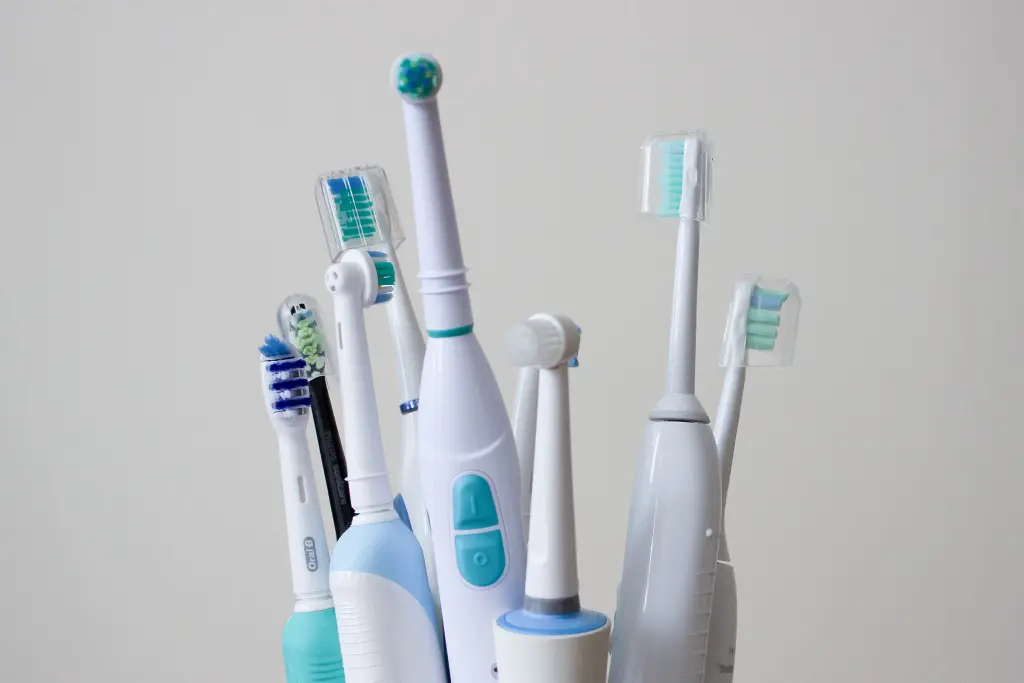
In addition to traditional brushing and flossing, advanced oral care tools can enhance your daily routine:
- Electric toothbrushes: These can provide a more thorough cleaning compared to manual toothbrushes. Look for models with rotating or oscillating heads.
- Water flossers: These devices use a stream of water to remove plaque and food particles from between teeth and along the gumline, making them a great option for those who find traditional flossing challenging.
- Interdental brushes: These small brushes can reach areas between teeth that regular brushes can’t, providing an additional level of cleaning.
- Tongue scrapers: Cleaning your tongue can reduce bad breath and remove bacteria that can contribute to oral health problems.
The Importance of Twice-a-Year Dental Cleanings
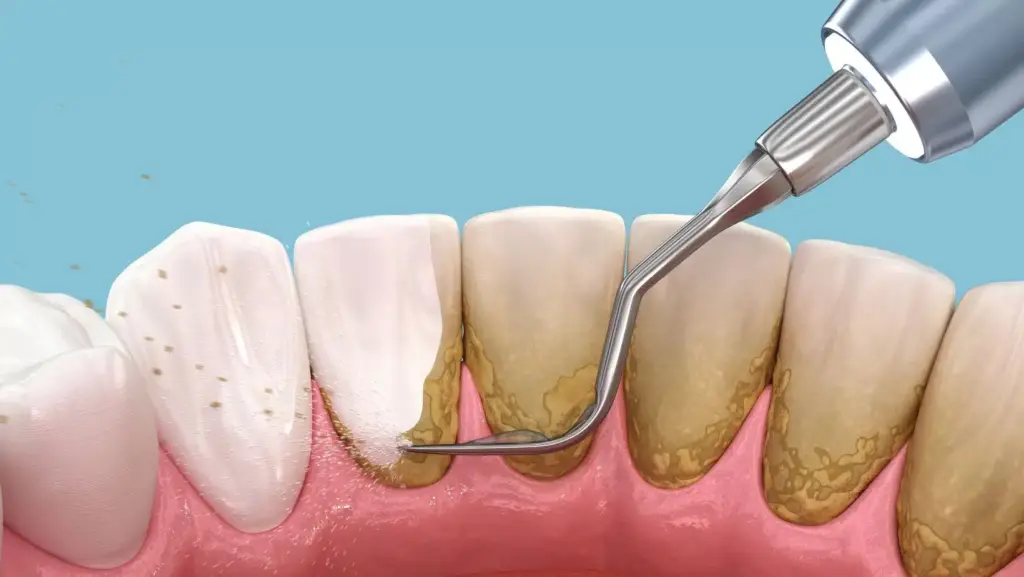
Regular dental cleanings are essential for maintaining oral health and preventing serious dental issues. Even with the best at-home care, plaque and tartar can build up over time and require professional removal. During a cleaning, a dental hygienist will thoroughly clean your teeth, removing plaque and tartar buildup, polishing your teeth, and checking for any signs of decay or gum disease.
Dental cleanings also provide an opportunity for your dentist to monitor your oral health and catch any potential problems early. This proactive approach can prevent minor issues from becoming major, costly problems.
Conclusion
Brushing your teeth is a vital part of oral hygiene, but it’s only one piece of the puzzle. A comprehensive oral care routine includes flossing, caring for your gums, maintaining a healthy diet, using advanced oral care tools, and scheduling regular dental cleanings. By taking a holistic approach to oral health, you can ensure your smile stays healthy and beautiful for years to come.
Brushing Alone Isn't Enough: Comprehensive Oral Care Tips
Guatemala Dental is here to provide you with the best dental care and tips. Contact us today to schedule a cleaning or to finally get some other much needed work done that you need and deserve.

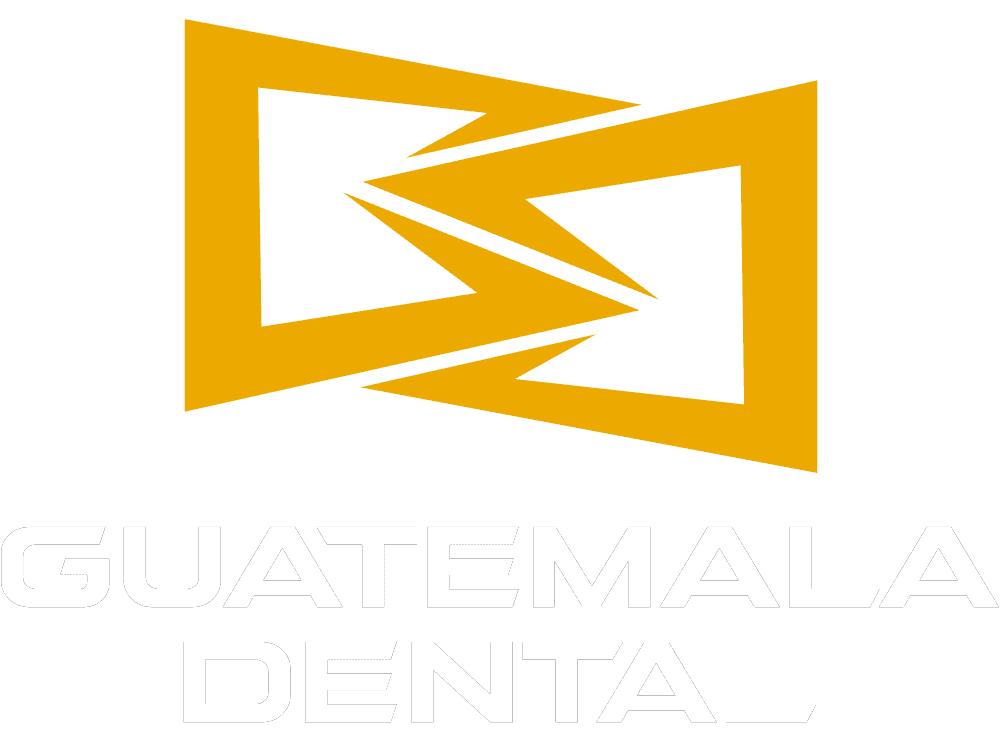
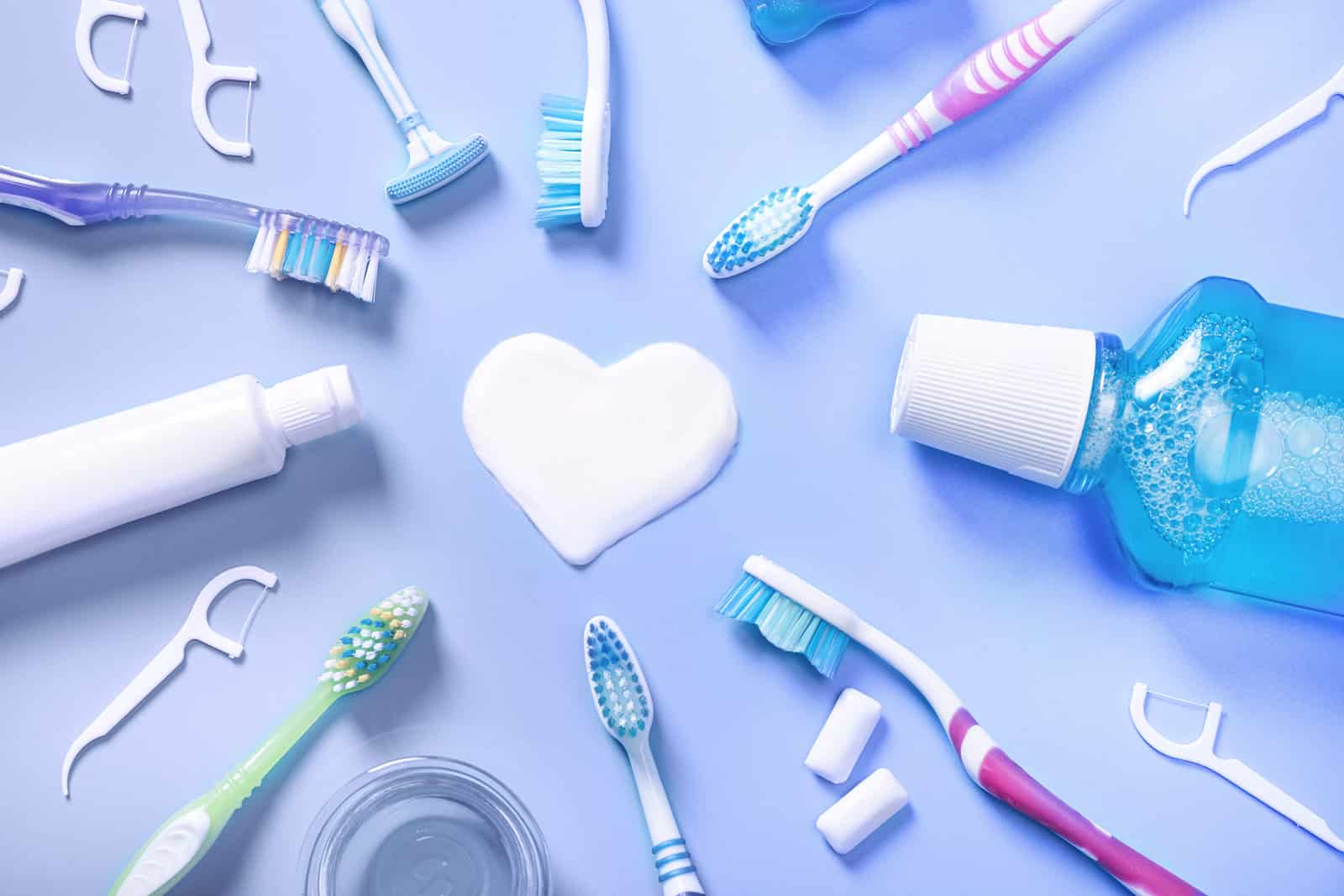

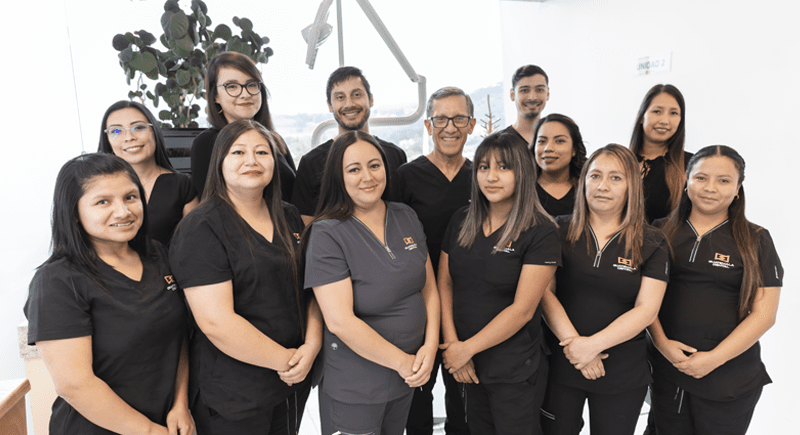

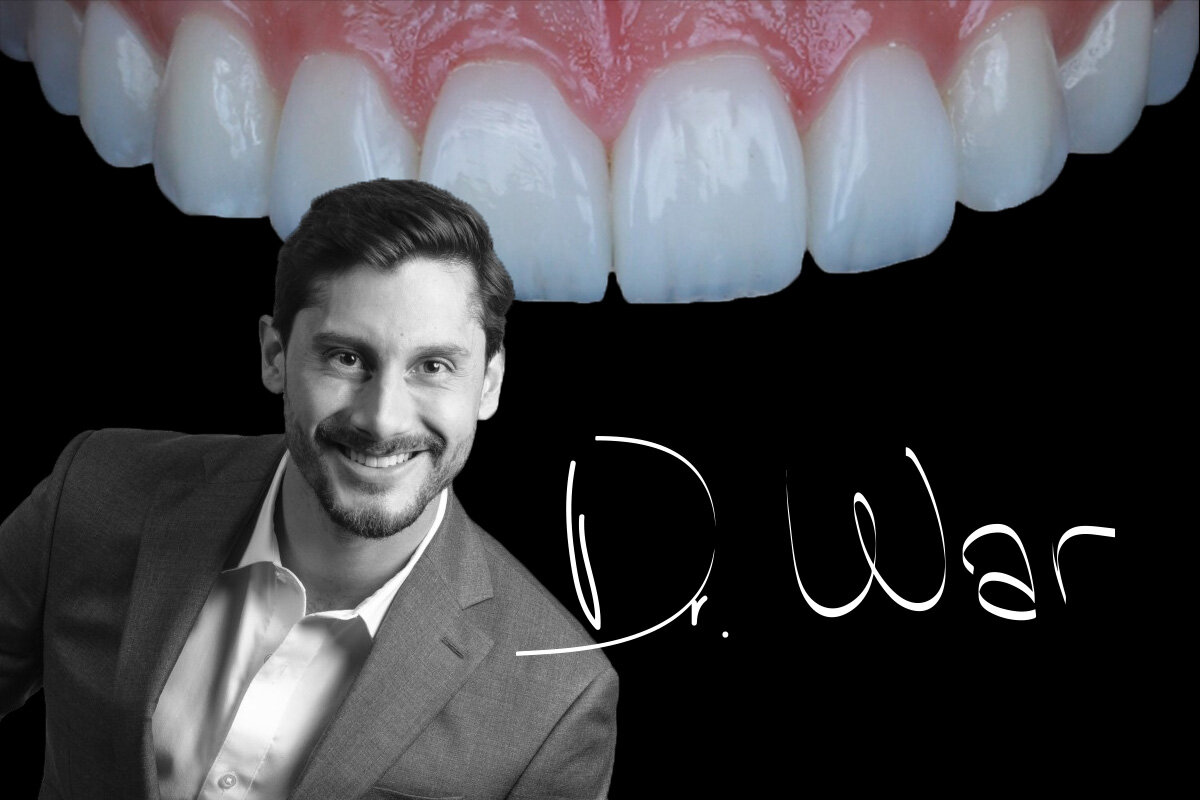







0 Comments